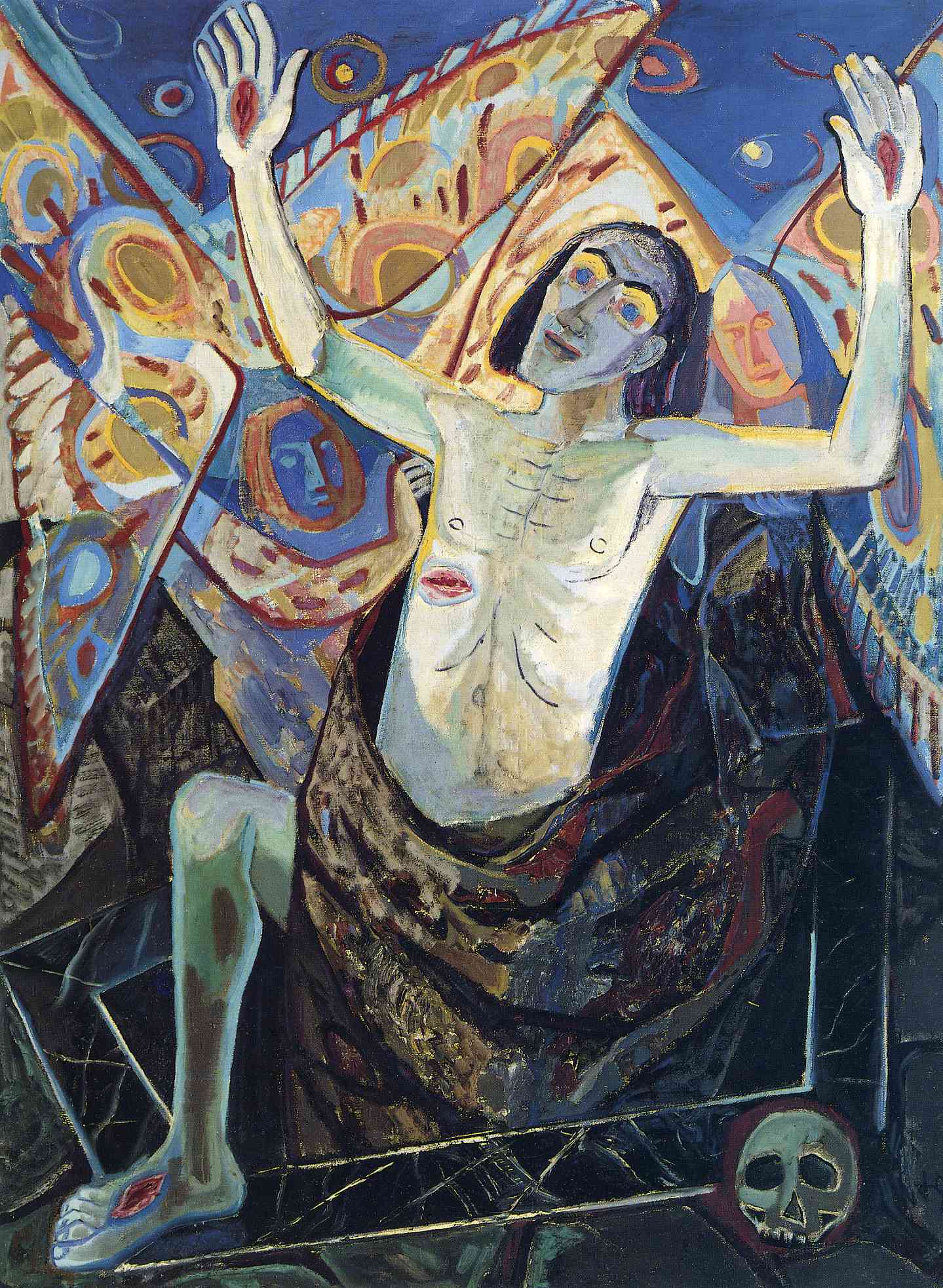
Editor’s note: The final post for the Easter season on the significance of the resurrection for our faith and the church’s ministry.
A few years ago, Jaroslav Pelikan, the famous Yale historian, reportedly uttered something along the following lines upon his death bed: “If Christ has not risen…nothing else matters. If Christ has risen…nothing else matters.” Think about that for a moment. It is a way of stating that the resurrection of Christ from the dead is the pivot on which all of history turns. In other words, whether or not Christ has risen from the dead impacts the future of the entire creation. Why is that?
Let’s go back a little further in time to another Lutheran theologian. Hermann Sasse once made the point that the message of Easter is NOT “Jesus lives.” After all, we often talk about a departed loved continuing to live on in our hearts. Or that such a person lives on in our memories. No, Sasse insisted. The message of Easter is that “Jesus is risen!” Is that message really so different than saying that “Jesus lives”?
Actually, it is. It is not just a spiritual way of talking about a soul or spirit living on after the body has gone. In such a scenario one might even contemplate death as gateway or a transition to a better life. It makes death perhaps a little less frightening. Perhaps, even as something natural? Perhaps even as a friend? After all, it rids us of our ailing and weakening body.
No, the startling thing about the message that Jesus is risen, according to Sasse, is this: it makes dying hard! Why is that? Because it makes clear that the death is an enemy. By rising from the dead, Jesus conquers death. You don’t conquer friends. You conquer enemies. So there can be no soft-pedaling of death any more.
Death is the undoing and unraveling of creation. More specifically, it is God’s judgment that undoes creation. You see, whenever God exercises judgment, creation falls apart. We see that in the curse, the flood, the plagues, the sweeping of the ground clean of all life (Jeremiah 12:4). And we see it on the day of the Lord (Zephaniah 1:15) in the death of Christ. The sky darkens and the earth quakes.
Christ’s resurrection makes it clear, though, that death does not have the final word. It does not have the final say over God’s creation. By rising, not only did Christ conquer death, he ushered in life. Not just spiritual life. But full and abundant life, physical and spiritual. By his resurrection he establishes his lordship over the entire creation. He now reigns as the Lord of life, namely, as the Lord who gives new life to his creation—beginning with us. It is little wonder that the early church called Easter the eight day of creation (or the first day of the new creation). And it is with good reason that our baptismal fonts are often designed with eight sides!
Work referenced: Hermann Sasse, We Confess Jesus Christ (St. Louis: Concordia Publishing House, 1984), p. 17-19.

Leave a Reply
You must be logged in to post a comment.